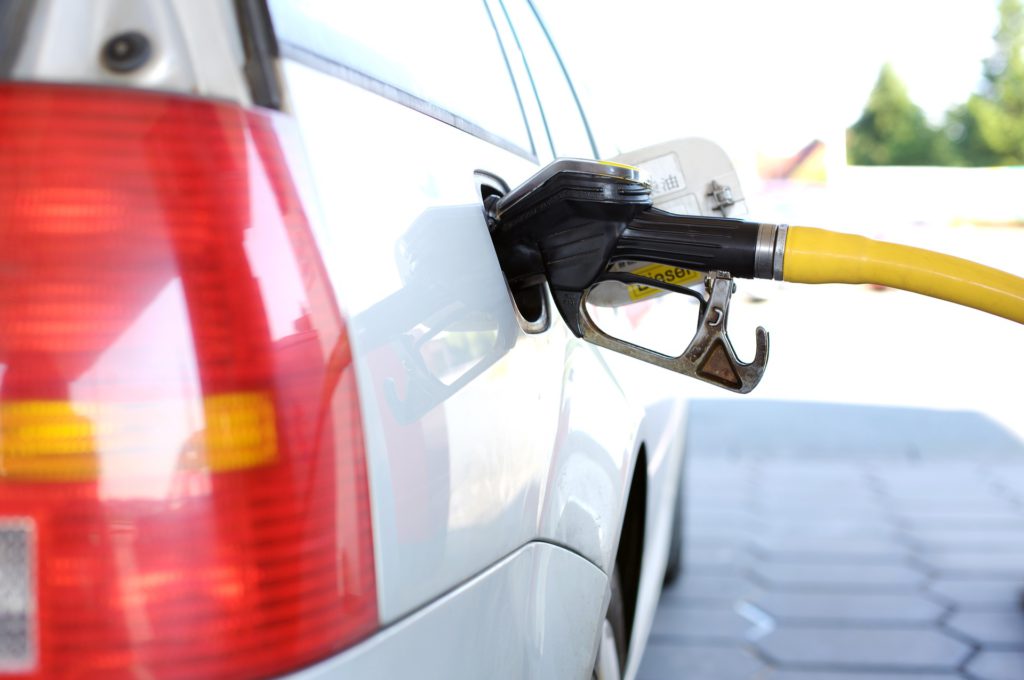Diesel share of new cars in Europe falls below a third
08 May 2019

8 May 2019
New car registration figures released by the European Automobile Manufacturers Association (ACEA) reveal that less than one third of new cars registered in Europe in the first quarter of 2019 are fueled by diesel.
Petrol continues to be the main beneficiary of the falling diesel share of EU new car sales, accounting for nearly 60% of all new passenger cars registered across the region in Q1 according to ACEA. This compares to a petrol market share of 56.7% in 2018 and 50.3% in 2017. Alternative fuel vehicles (AFV) captured 8.5% of the EU market overall and 2.5% of all cars sold in the region during the first quarter of the year are electrically-chargeable vehicles (ECV).
With the exception of Germany, demand for petrol cars increased in the five largest EU car markets, with Italy posting the highest percentage gain (+21.6%). As a result, petrol’s market share increased from 55.5% to 59.3% in the first quarter of 2019.
On the other hand, diesel car registrations contracted in most EU member states except Germany, Estonia, Latvia and Lithuania. The share of diesel cars in the market fell by almost 6 points compared to the same quarter one year ago, now accounting for 32.2% of the market. Diesel accounted for 35.9% of the market in full-year 2018.
Alternative fuel vehicles (AFV)
In the first quarter of 2019, demand for AFVs in the European Union increased by 25.9%. Growth was driven by the ECV segment, up 40% with 99,174 units registered. Within this segment, battery electric vehicle (BEV) sales grew substantially (+84.4%), while registrations of plug-in hybrids remained practically flat. Hybrid electric vehicles (HEV) also performed well (+33.3%), totalling 184,808 units sold during the first three months of the year. By contrast, registrations of LPG and NGV cars declined by 7.2% in the first quarter, mainly due to a sharp drop in demand for natural gas vehicles (NGV).
Alternatively-powered vehicle registrations significantly increased in all major EU markets. Demand for APV saw the highest percentage gains in Germany (+62.9%) – mainly due to a doubling of sales in the hybrid segment – as well as in Spain (+48.9%).
Despite the healthy growth in demand for AFVs, the rising share of petrol cars in the EU is increasing average emissions, which were 118.5 grams of CO2 per kilometre in Europe in 2017, up 0.4% compared to 2016.
This highlights the issues that carmakers are facing as a target of 95g/km comes into effect in 2021. Meeting the 2021 CO2 targets, not to mention the extremely stringent 2025 and 2030 targets that were agreed recently, will require a much stronger uptake of alternate fuel vehicles.